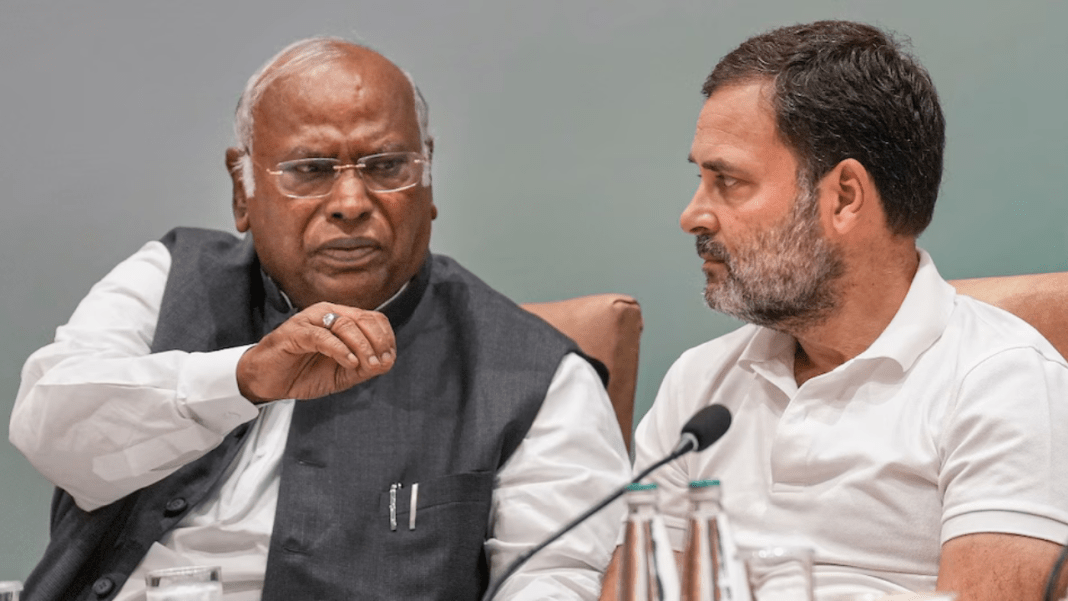Haryana Defeat: After facing a significant defeat in Haryana, Congress has reevaluated its strategies and decided not to repeat the same mistakes in Maharashtra. With a fresh approach, the party is aiming to secure a strong position in the upcoming Maharashtra elections, learning from its past experiences.
Ticket Distribution Based on Winning Potential:
Haryana Defeat: In Haryana, Congress faced backlash for distributing tickets based on internal influence rather than a candidate’s potential to win. This time in Maharashtra, the party plans to give tickets only to those candidates who have the highest chances of victory, avoiding the trap of favoritism. Unlike Haryana, where candidates were chosen at the suggestion of senior leaders like Kumari Selja, Bhupinder Singh Hooda, and Randeep Surjewala, the focus will now be solely on electability.
Senior Leaders Appointed as Observers:
Haryana Defeat: To prevent any disconnection with the grassroots, Congress has appointed 11 senior leaders as observers in different regions of Maharashtra. These leaders will take charge of the campaign. In Haryana, Congress had left most of the decisions to the candidates, which led to poor coordination. In fact, reports suggested that some ticket-holders in Haryana had never even communicated directly with the party leadership.
No Centralized Power Structure:
One of the key mistakes in Haryana was making former Chief Minister Bhupinder Hooda the central power figure, giving him control over decisions like candidate selection and party leadership appointments. For Maharashtra, Congress will not allow any one leader to hold such immense power, ensuring a more balanced and collective approach to decision-making.
Inclusive Caste Strategy:
In Haryana, Congress primarily focused on the Jat community, resulting in poor performance in Jat-dominated areas. Meanwhile, the BJP succeeded by targeting Dalits and OBCs. To avoid a similar failure, Congress plans to engage with all communities in Maharashtra, especially Dalits and OBCs, instead of focusing on one dominant group. Their strategy revolves around caste dynamics but with broader inclusivity.
Positive Campaign with Clear Promises:
In Haryana, Congress relied heavily on negative campaigning, focusing more on criticizing BJP’s failures than promoting its own promises. This time, the party is placing emphasis on five key guarantees in its manifesto for Maharashtra: free bus travel for women, direct cash transfers, 10 kg of free ration, unemployment allowance, and affordable electricity. Congress has made it a priority to ensure these promises reach the voters at the grassroots level, moving away from relying on negative voting patterns.
By correcting its approach and taking decisive measures, Congress is determined to avoid repeating the missteps of Haryana in Maharashtra.





